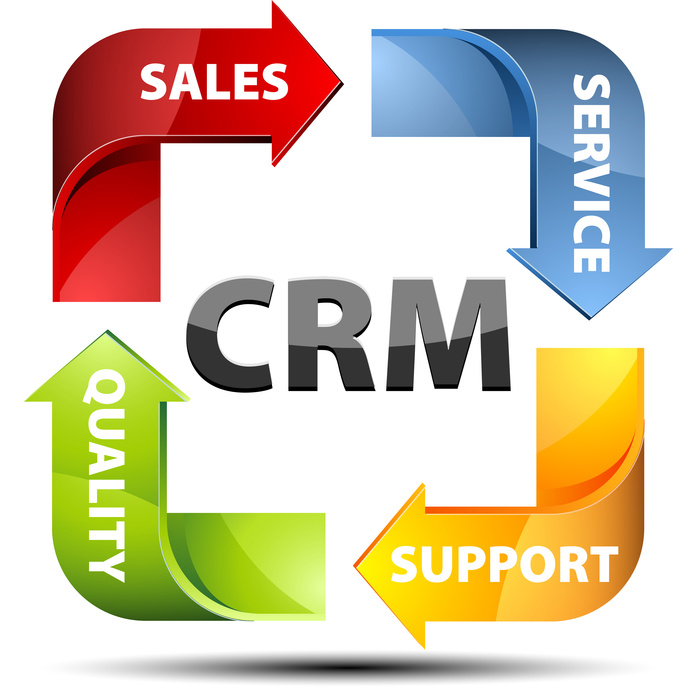CRM & Sales Automation
A CRM will greatly improve the way you store and organize your customer data, allowing you to have the right conversations a the best times with leads, contacts and customers.

Improve customer communication and automate tasks!
Customer data is one of your most valuable assets. A CRM will help make the most of it by supporting better data organization, enhanced communications, improved customer service, while boosting efficiency through automated tasks, heightened team visibility and more insightful analytics and reporting.
Maximize and protect the value of your customer data
Boost sales with defined and managed processes
Improve the level and quality of your customer service
Gain a deeper understanding of your prospects and customers
CRM & Sales Automation core services include:
Assess Current Process
Assess and map your current sales processes and customer data systems to gain an understanding of what CRM configuration will work best for you.
Vendor Research
Complete a tactical analysis of CRM vendors to identify the platform that can be configured to best meet the specific needs of your organization.
Finalize Process Flow
Create a detailed logistical mapping of the business processes and procedures that the CRM will be configured to enhance and support.
Systems Interaction Plan
Assess whether API or other technical integrations with other systems the business relies on make sense initially, or should be planned for in the future.
Develop Rollout Plan
Creating a plan and timeline for features and functions to be rolled out in phases, as well as the development of a training course for the initial implementation.
Platform Implementation
This will include full customization of the platform to match the process strategy together with completing training for those who will use the system.
More about CRM & Sales Automation
A Customer Relationship Management (CRM) platforms are the foundation for tracking, analyzing, managing and maximizing communications and interactions you have with prospects and customers. CRMs centralize, simplify, secure, automate and scale customer engagement while providing a future view into events, trends and leading indicators of revenue and profit. This allows organizations to maintain a pulse on all of their conversations with prospects and customers and take a highly pro-active approach to managing the business.
When asked about the biggest challenges their organization face, many business leaders will point to quality, timeliness or complete lack of prospect and customer follow-up. A CRM not only provides an advantage here, it provides so many other benefits. A Customer Relationship Management Platform (CRM) provides a forward view of the sales pipeline to support better more responsive decision-making and improved risk management. It also provides time savings through automation, drives more consistent company messaging, and also makes it much easier to identify, focus on and replicate best practices.

